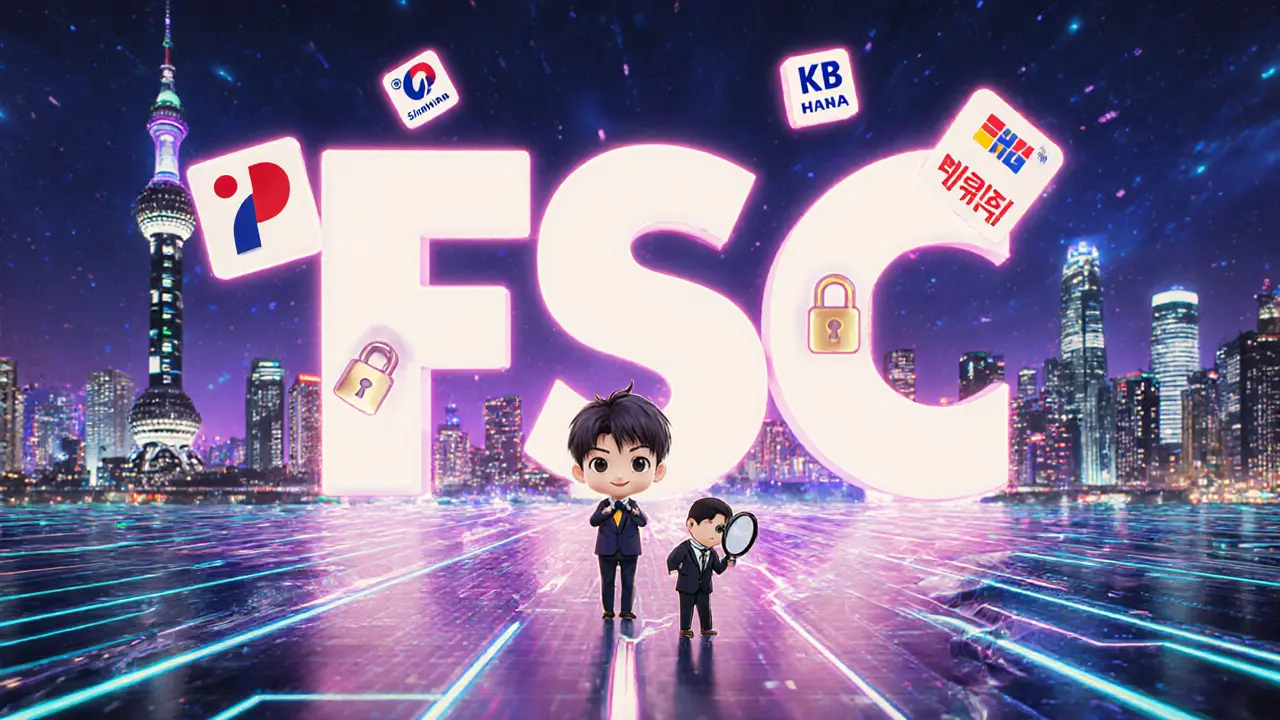FSC Crypto Rules: What You Need to Know About Financial Surveillance and Crypto Compliance
When it comes to FSC crypto rules, financial surveillance frameworks that govern how crypto transactions are tracked and controlled by regulatory bodies. Also known as financial surveillance compliance, it's not just about paperwork—it's about who sees your trades, when, and why. These rules aren’t theoretical. They’re shutting down exchanges, delisting privacy coins, and blocking users in countries like Australia, Canada, and Ecuador. If you’re trading crypto, you’re already under their scope.
FSC crypto rules tie directly to tools like Chainalysis, a blockchain analytics firm used by governments and exchanges to trace crypto flows, and policies like MiCA, the EU’s comprehensive crypto regulation that forces exchanges to report user data and restrict certain assets. These aren’t optional guidelines—they’re legal requirements that exchanges follow to stay open. That’s why Kraken blocks users in 14 countries, why ezBtc and CoinRui vanished overnight, and why privacy coins like Monero and Zcash keep getting pulled from major platforms. The system isn’t broken—it’s working exactly as designed.
What does this mean for you? If you’re using a crypto exchange, you’re giving up anonymity by default. Even if you think you’re safe with a VPN or P2P trade, regulators are catching up fast. Countries like Saudi Arabia and Afghanistan have outright bans, while others like Canada require full MSB licensing just to operate. The trend is clear: crypto is being folded into the traditional financial surveillance net. The real question isn’t whether you can avoid it—it’s how you adapt to it without losing access to your funds.
You’ll find posts here that break down exactly how these rules play out in the real world: which exchanges got shut down for ignoring them, which jurisdictions are safest to trade from, and how scams like fake airdrops exploit confusion around compliance. There’s no fluff—just facts on what’s banned, what’s monitored, and what you can still do without crossing the line.

